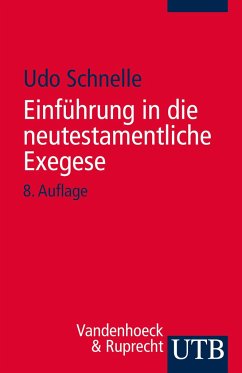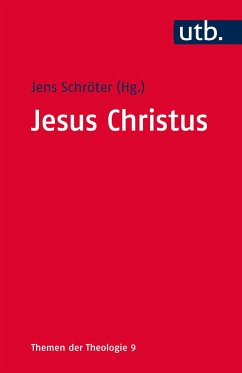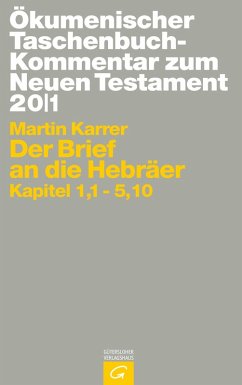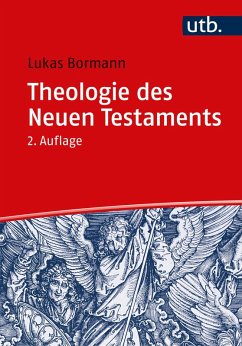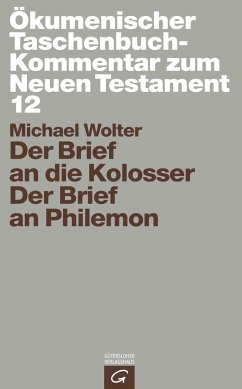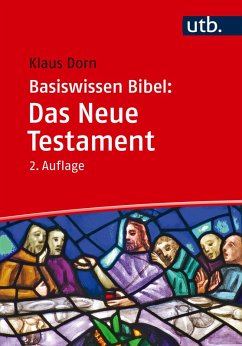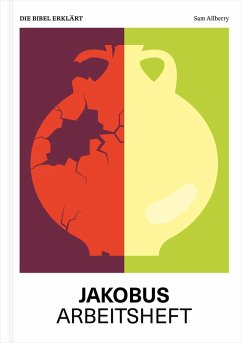
Classical Quotations and Allusions in Early Christian Literature
Versandkostenfrei!
Erscheint vorauss. 31. März 2026
90,00 €
inkl. MwSt.
Derek Spears examines classical quotations and allusions in early Christian writings up to the end of the 2nd century CE. His starting point is Paul's use of an iambic trimeters. From there, Spears takes a linear approach, beginning with the New Testament and the Apostolic Fathers. He questions prevaili in 1 Corinthianng interpretations that often rely on educational models from 5th and 4th century BCE literature-models shaped more by later academic institutions than by the actual social contexts of early Christianity. The author then discusses Christian apologists, especially Justin Martyr an...
Derek Spears examines classical quotations and allusions in early Christian writings up to the end of the 2nd century CE. His starting point is Paul's use of an iambic trimeters. From there, Spears takes a linear approach, beginning with the New Testament and the Apostolic Fathers. He questions prevaili in 1 Corinthianng interpretations that often rely on educational models from 5th and 4th century BCE literature-models shaped more by later academic institutions than by the actual social contexts of early Christianity. The author then discusses Christian apologists, especially Justin Martyr and Clement of Alexandria. Derek Spears notes a growing confidence in engaging with classical authors: Justin is the first to name them explicitly, while Clement quotes them extensively. Instead of listing all of Clement's 1,700 references, the author compares Clement's approach to that of contemporary miscellanists like Aulus Gellius and Athenaeus. He suggests that Christian authors created their own collections and interacted directly with classical texts. Their effective quotation practices indicate a familiarity with original sources. By tracing this development, the author shows how the growing number of classically educated individuals in the Christian community influenced the way the classical tradition was adopted and reinterpreted for Christian purposes.




